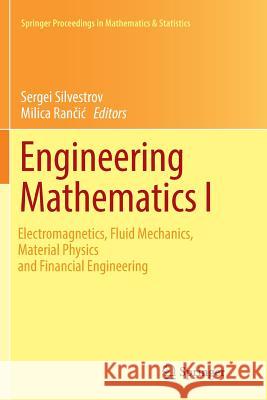Engineering Mathematics I: Electromagnetics, Fluid Mechanics, Material Physics and Financial Engineering » książka
topmenu
Engineering Mathematics I: Electromagnetics, Fluid Mechanics, Material Physics and Financial Engineering
ISBN-13: 9783319824963 / Angielski / Miękka / 2018 / 341 str.
Engineering Mathematics I: Electromagnetics, Fluid Mechanics, Material Physics and Financial Engineering
ISBN-13: 9783319824963 / Angielski / Miękka / 2018 / 341 str.
cena 602,40
(netto: 573,71 VAT: 5%)
Najniższa cena z 30 dni: 578,30
(netto: 573,71 VAT: 5%)
Najniższa cena z 30 dni: 578,30
Termin realizacji zamówienia:
ok. 22 dni roboczych.
ok. 22 dni roboczych.
Darmowa dostawa!
Kategorie:
Kategorie BISAC:
Wydawca:
Springer
Seria wydawnicza:
Język:
Angielski
ISBN-13:
9783319824963
Rok wydania:
2018
Wydanie:
Softcover Repri
Ilość stron:
341
Waga:
0.50 kg
Wymiary:
23.39 x 15.6 x 1.91
Oprawa:
Miękka
Wolumenów:
01
Dodatkowe informacje:
Wydanie ilustrowane











